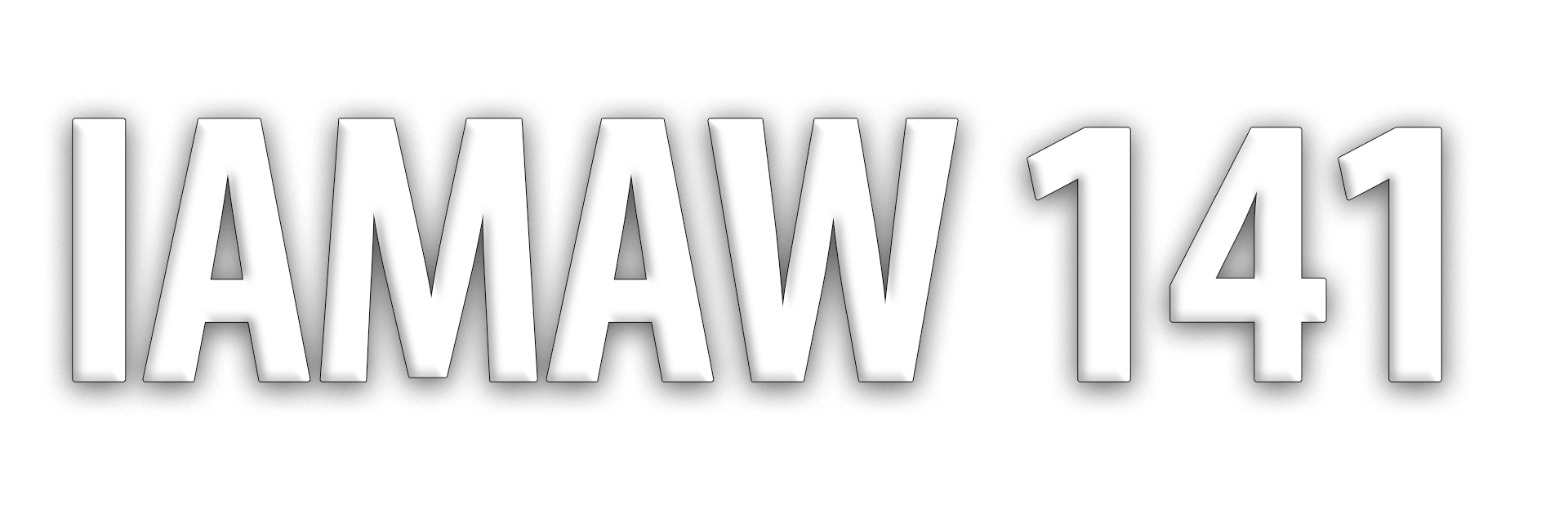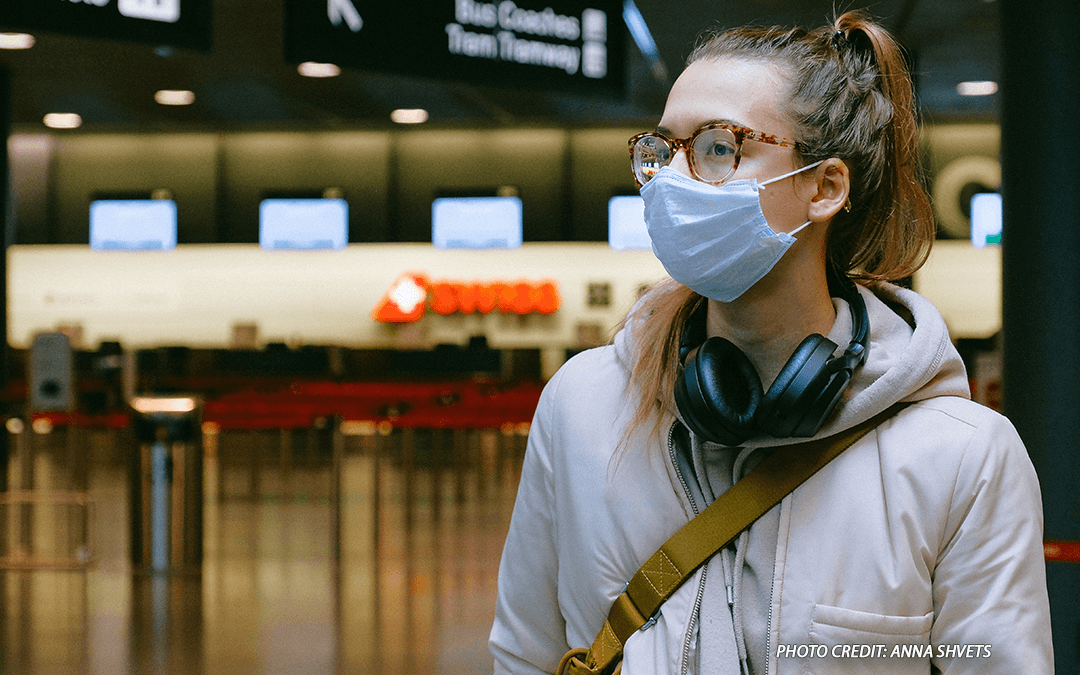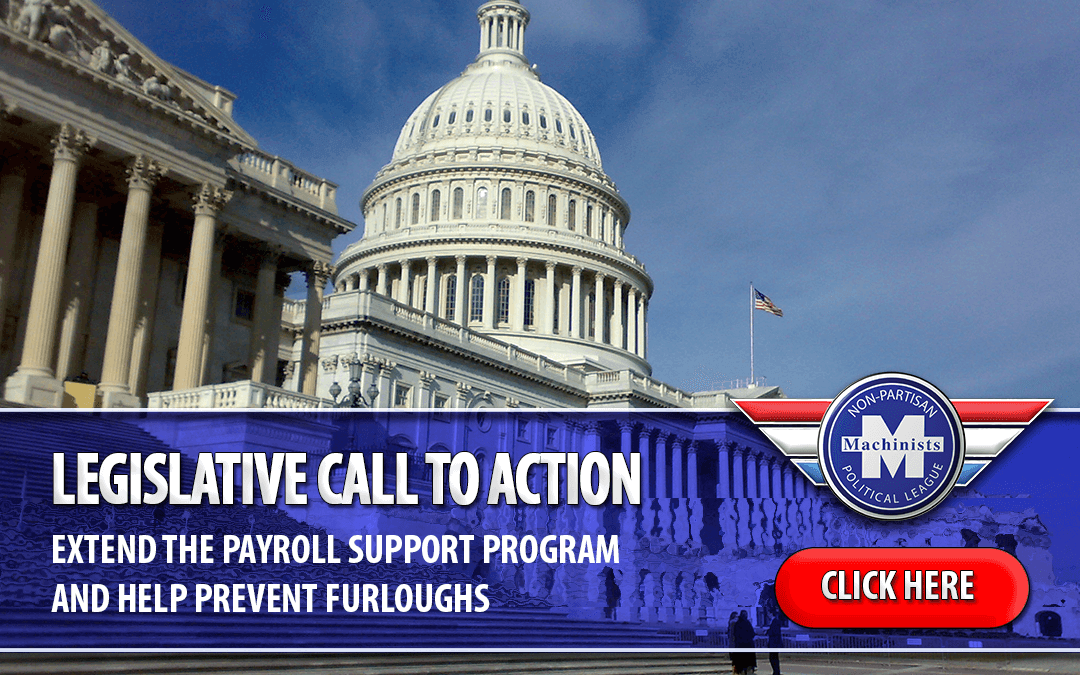The Healthy Flights Act of 2020 protects passengers and also ensures pilots, flight attendants, and other airline employees are provided masks and other protective equipment, requires the development of a national aviation pandemic preparedness plan, and commissions a study on transmission of infectious diseases in airplane cabins.
Washington, D.C. — Last week, Chair of the House Committee on Transportation and Infrastructure Peter DeFazio (D-OR) and Chair of the Subcommittee on Aviation Rick Larsen (D-WA) led 18 Members of Congress in the introduction of the Healthy Flights Act of 2020, which will provide a set of uniform requirements to help keep passengers and airline and airport workers healthy by minimizing transmission of the virus through our air transportation system. The Healthy Flights Act also helps prepare U.S. aviation stakeholders for future infectious disease pandemics and epidemics through the development of a national preparedness plan to define the aviation system’s response to future outbreaks and by advancing scientific research.
Specifically, the bill
- Clarifies the FAA’s authority to impose any requirements on passenger and cargo air travel necessary to protect the health and safety of airline workers and passengers during public health emergencies;
- Requires that passengers must wear masks on board aircraft and within airports, and also requires issuance of masks and other protective equipment to airline employees and certain FAA employees (including air traffic controllers and aviation safety inspectors), during any public health emergency that is caused by an airborne disease;
- Mandates the development of a national aviation preparedness plan to respond to epidemics or pandemics;
- Calls for a study on transmission of infectious diseases in airplane cabins; and
- Creates an FAA Center of Excellence on Infectious Disease Response and Prevention in Aviation to advise the FAA Administrator on infectious diseases and air travel.
“I really can’t see any downsides to this bill,” said International Association of Machinists and Aerospace Workers District 141 Legislative Director Dave Roderick. “How we deal with this pandemic, the effort that we are willing to put into the protection of our nation, the sacrifices and responsibilities that we are willing to take on…these things will define our generation for the duration of the Republic.”
“All airline workers should help defend our industry. This disease should not be allowed to get past us,” Roderick said.
“As Chair of the Aviation Subcommittee, I make air travel safety my top priority,” Chair Rick Larsen said. “Keeping the flying public safe from COVID is even more difficult because of the lack of coordinated federal leadership. This bill includes commonsense measures to limit the spread of COVID-19 in air travel, ensure the safety of passengers and frontline aviation workers, and better prepare the U.S. aviation industry for public health crises.”
In June, District 141 of the International Association of Machinists and Aerospace Workers, one of the largest groups of airline/aviation workers in North America, recommended that all airline workers wear masks whenever social distancing could not be reliably maintained. IAMAW District 141 President and Directing General Chair, Mike Klemm issued a statement at the time telling union members that their safety could not be compromised under any circumstances. “My foremost concern is your health and well-being as we adapt to life during this pandemic,” Klemm told union members. “Protecting our industry and our jobs will require a collective effort from all of us. I ask the members of IAMAW District 141 to protect yourselves, protect your co-workers, and protect your loved ones who depend on you every day.”
Additional resources: Fact Sheet | Section by Section| Bill Text


